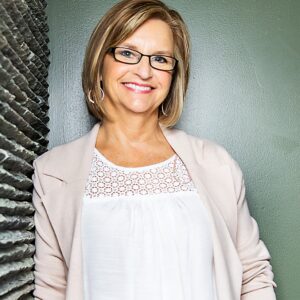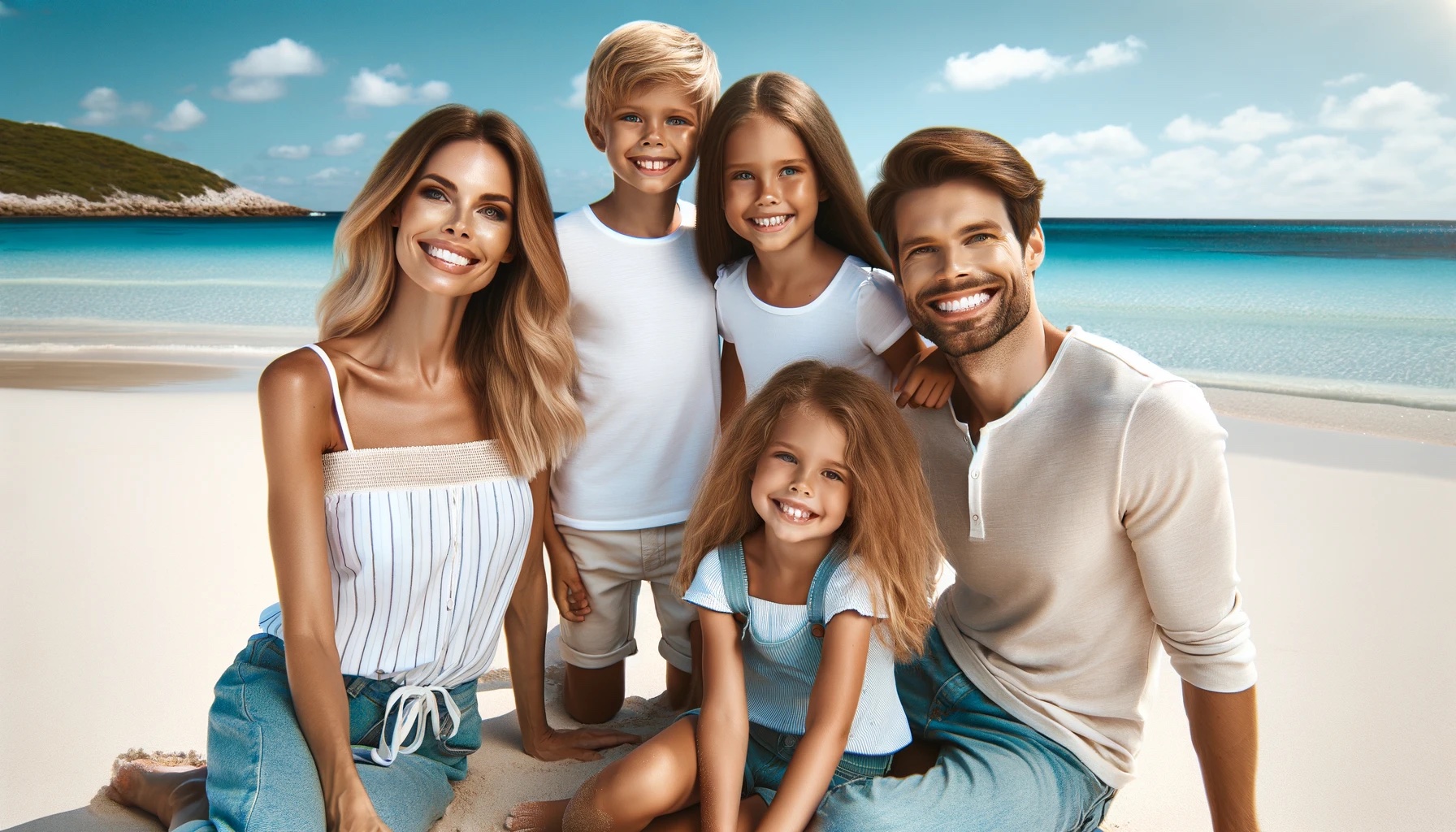We’ve all seen them – those families that appear perfect.
We see them all over social media, and we picture them in our heads moving through their day with ease. The children are well-dressed, well-behaved, and happy. The truth is this is a total FANTASY! What they do is expend an enormous amount of energy into avoiding any upset or conflict
I was the “good girl”
I’m raising my hand here. I grew up in this family. It was harmony at all costs. Never make a mistake, never feel upset (or if you do, pretend you don’t), never upset others, always BE GOOD.
I became a good girl. I played the part well. I could spin myself into whoever or whatever I needed to be in any situation.
I manipulated people’s perceptions of me so I could be liked and accepted.
I earned a lot of GOLD STARS. I learned it didn’t matter WHO I was as long as I delighted others.
I was the people pleaser extraordinaire.
This people-pleasing pattern came right with me into my parenting journey. Unknowingly, I handed off the BE GOOD pattern to the next generation. We had “perfect family” status.
Always being good came at a big cost.
The cost of being, “The Perfect Family”
Behind the scenes of the “perfect family,” like mine was, chaos reigns.
In 2003 I came face-to-face with the pressure to always BE GOOD when my 17-year-old daughter experienced a mental health crisis.
This became the catalyst for my transformation and my mission to support others in transforming the parenting journey.
In my experience and research, I learned that shifting the focus from getting children to behave to nurturing a connected relationship with them has the power to take everyone involved from CHAOS to CALM.
This shift is essential in promoting mental health and wellness for generations to come.
How to bridge the gap from gaining compliance to creating connections
Bridging the gap from gaining compliance to creating connections requires a willingness to see things differently and a commitment to learn and practice new skills.
Emotional support skills are the tools our children need us to have in our parenting toolbox. These skills allow us to set and maintain firm boundaries that promote self-regulation, compassion, and respect.
This requires a shift in perception from seeing children’s misbehavior as a sign of disrespect to seeing it as a call for help and a need for new skills.
Practice these three A’s to get started:
-
- Awareness – Peace begins on the inside. Notice how you talk to yourself in your head. Notice the feelings that are inside your body. Give yourself permission to sit with yourself a few minutes each day or go for a SILENT walk to tune in to YOU.
- Active Calming – Active calming is an essential life skill and a prerequisite for self-regulation. Use the S.T.A.R method. Stop, Take a deep breath, and Relax. Repeat 3 times, doing so unhooks the stress response in the brain.
- Aligned Action – Actions create impact. Take the necessary steps that will move you in the direction of how you want to feel and the impact you wish to make.
- Awareness – Peace begins on the inside. Notice how you talk to yourself in your head. Notice the feelings that are inside your body. Give yourself permission to sit with yourself a few minutes each day or go for a SILENT walk to tune in to YOU.
This is a rinse-and-repeat process. Small steps taken consistently are the key. Trust the process and allow for it to be messy. When you mess up (and you will), circle back and repair by owning your mistakes.
For more, access this free download to 3 Steps When You Lose Your Cool.
The greatest gift we can give ourselves, our children, and the world is to acknowledge hurtful patterns and practice new, more helpful ones.
 About Diane Sorensen
About Diane Sorensen
Diane Sorensen is a Transformational Coach specializing in parenting and relationships. She is the host and creator of the Beautiful Behavior podcast and community. Diane spent 30 years in the field of early childhood education and holds degrees in early education and behavioral science. In her time as a teacher, Diane implemented relationship-based practices. She then took on the role of behavior specialist, helping others to implement these skills school-wide.
Diane is currently a certified life coach and hypnotherapy practitioner supporting women to feel more calm, connected, and confident in their relationships and parenting journey. Diane’s first love of children and her own parenting experiences drives her passion for supporting parents.
Diane works with clients from all over the world to break generational patterns, cultivating deep connections and becoming the leaders that today’s children need.
Connect with Diane:
